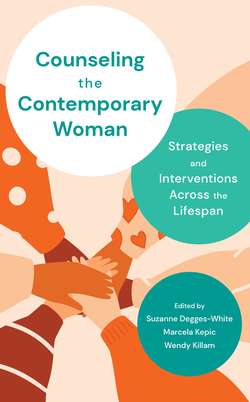Читать книгу Counseling the Contemporary Woman - Suzanne Degges-White - Страница 16
На сайте Литреса книга снята с продажи.
Indigenous Heritage
ОглавлениеIndigenous heritage reflects a variety of cultural elements, including race, ethnicity, national origin, as well as migration and colonization histories. Issues of law, sovereignty, and land uniquely affect indigenous women, particularly with sexual violence. The Centers for Disease Control and Prevention (CDC; Smith et al., 2018) reports that nearly one in three women has experienced sexual violence involving some form of physical contact. In this already high number, the National Congress of American Indians (NCAI) Policy Research Center (2013) reported that native women have the highest rates of sexual assault among all U.S. groups, with women on tribal lands most vulnerable. Further, perpetrators of sexual violence against native women are more likely to be nonnative, which is unique to this population as most sexual violence crimes are intraracial. This is further complicated by tribes’ lack of authority to prosecute nonnative people who commit crimes on tribal land, with U.S. attorneys declining to prosecute many violent cases (NCAI Policy Research Center, 2013). Thus, positionality as a native woman is impacted by the privilege of many nonnative perpetuators, limiting their recourse in the criminal justice system.
